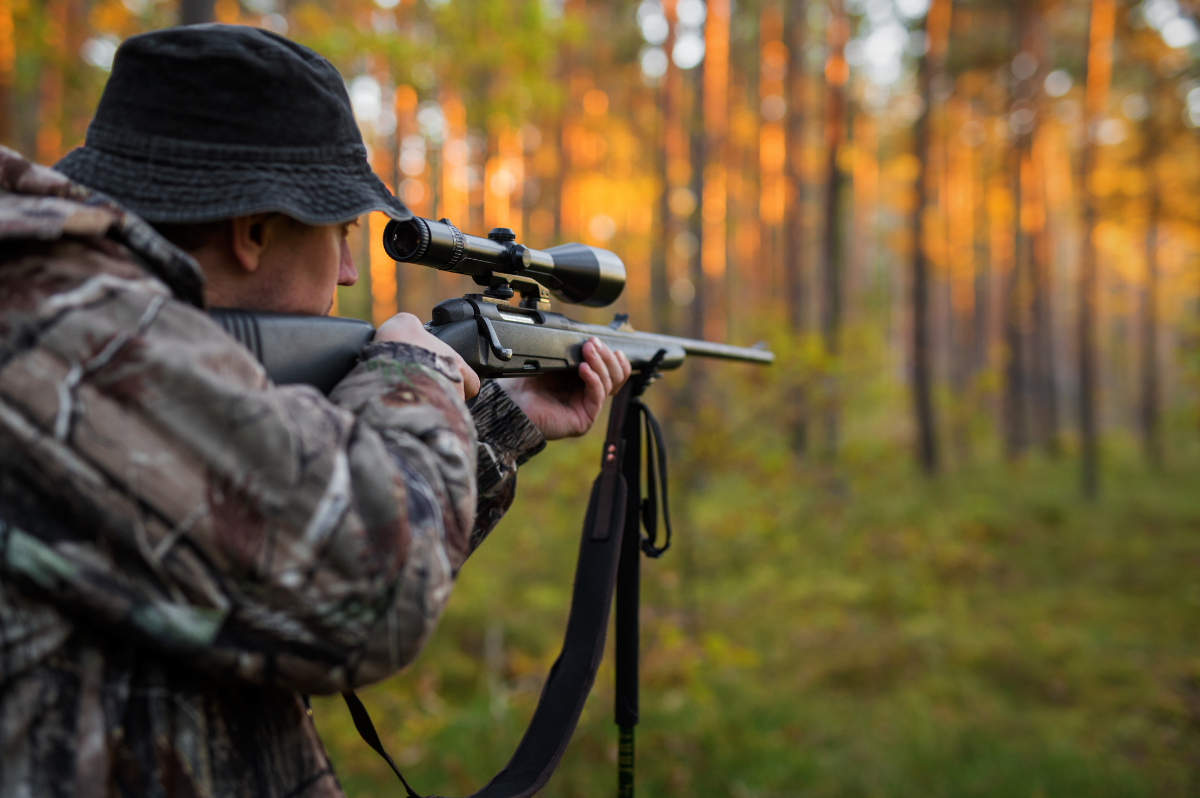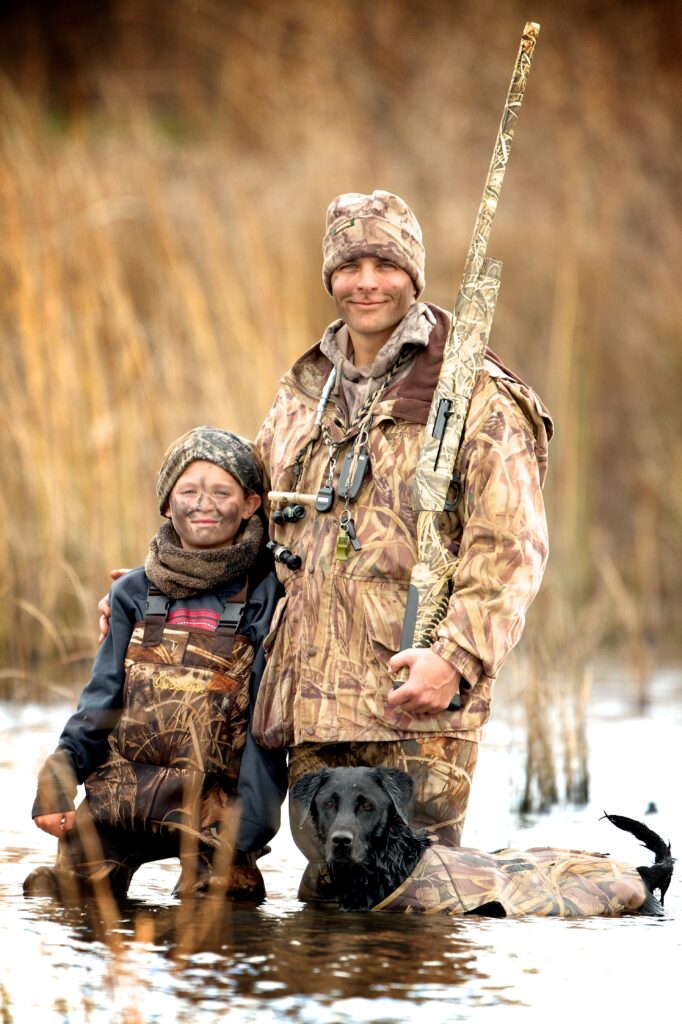
 0
0 
In the realm of hunting, science plays an indispensable role in preserving ecosystems, balancing local cultures, and sustaining biodiversity. Hunting has been an integral part of human societies for millennia, providing food, materials, and cultural significance. However, the overexploitation of wildlife can have far-reaching consequences, disrupting ecosystems and pushing species towards extinction. This article aims to shed light on the importance of science-based facts and responsible practices in hunting, underpinning the balance between human interests and ecological health.
Hunting, when not regulated, can significantly impact wildlife and their ecosystems. Overhunting can lead to the decline of certain species, disrupt food chains, and alter habitats. According to a study published in Science.org, the abundance of wildlife in natural ecosystems is more closely related to patterns of hunting than other factors. Another report from the World Bank suggests that hunting changes ecosystems by impacting crucial pollinators and dispersers.
Hunting can also affect biodiversity. Cambridge University conducted a comprehensive analysis across tropical ecosystems indicated that hunting sustainability varies with ecosystem type. Thus, understanding the specific impact of hunting within each ecosystem is critical for conservation efforts.
Science is a powerful tool that helps us understand and regulate hunting practices. By studying animal populations, migration patterns, breeding habits, and their roles within ecosystems, scientists can provide guidelines for sustainable hunting.
For example, research on the mammalian fauna of tropical Asian forests concluded that controlling hunting and wildlife trade should be a top priority for conservation. Similarly, a study in the Maya Forest of Mexico highlighted how hunting directly impacts wildlife populations, especially birds and mammals.
Through such studies, science aids in creating informed policies and regulations, ensuring hunting does not threaten biodiversity or ecosystem health.
Balancing the needs of local cultures that depend on hunting with the imperative of biodiversity conservation is a complex task. Indigenous and local communities often rely on hunting for subsistence and cultural practices. However, as a study in Amazonian indigenous lands points out, deforestation and hunting are significant threats to wildlife.
Science can help strike this delicate balance. By studying the impact of hunting in specific areas and understanding the cultural importance of these practices, scientists can recommend sustainable hunting practices that respect cultural traditions while also preserving ecosystems.

Here are some science-backed tips for sustainable hunting:
In conclusion, hunting, when done responsibly and based on scientific facts, can coexist with conservation goals. As hunters, we must remember that we are part of the ecosystem and have a crucial role in its protection and preservation.

 0
0